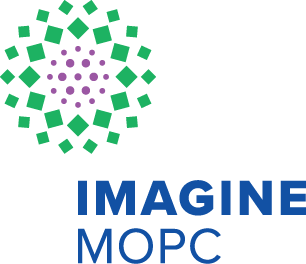About the Project
Imagine MOPC is a project to develop a Municipal Planning Strategy (MPS) and Land Use Bylaw (LUB) for the Municipality of Pictou County. Currently, there is no land use planning in MOPC with the exception of the Wind Energy Bylaw and the Subdivision Bylaw. In 2018, the Provincial Government passed new legislation that requires every municipality to adopt land use rules that meet newly established minimum planning standards. The Imagine MOPC project will bring the municipality into compliance with this provincial mandate.
What is a Municipal Planning Strategy (MPS)? What is a Land Use Bylaw (LUB)?
A Municipal Planning Strategy (MPS) is the primary planning document for the Municipality which establishes the vision, goals and policies for growth and development. In other words, it’s the roadmap that helps to guide decision making relating to what we build, where, and at what intensity. An MPS looks at many different aspects of life in the community including (but not limited to) housing, economic development, agriculture, drinking water, and infrastructure. It also looks at important environmental considerations in our community, like the effects of climate change, coastal erosion and flooding, and the impacts that these have on development.
The Land Use Bylaw (LUB) is the companion document to the MPS, and puts the vision, goals, and policies into action through specific regulations that have to do with development activities. The LUB sets out things like the land-use zones, permitted uses for these zones, standards for development, performance standards, developments to be considered by development agreement, developments to be considered by siteplan approval process, among other things.
What is Planning and Why Does it Matter?
Planning is the process by which communities can control change and development in their physical environment. Planning seeks to balance the needs of people, the economy, and the environment by determining where, at what intensity, and in what form certain land uses should take place. It plays an important role in keeping populations safe and healthy and allocates growth through proactive (or deliberate) transportation and infrastructure planning, making it easier and more efficient for people to get around.
Planning matters because…
It helps us prepare for change. This can be environmental change, like sea level rise, or social change, like an aging population.
It supports our community’s character and culture by promoting good urban design, quality public space and by keeping development consistent and complementary.
It protects special and sensitive environments by preventing or limiting development in these areas.
It helps to protect people from developing in areas where the natural environment presents a high risk.
It helps to maintain a healthy, sustainable economy by ensuring a good balance and proximity between places of work and places to live.

